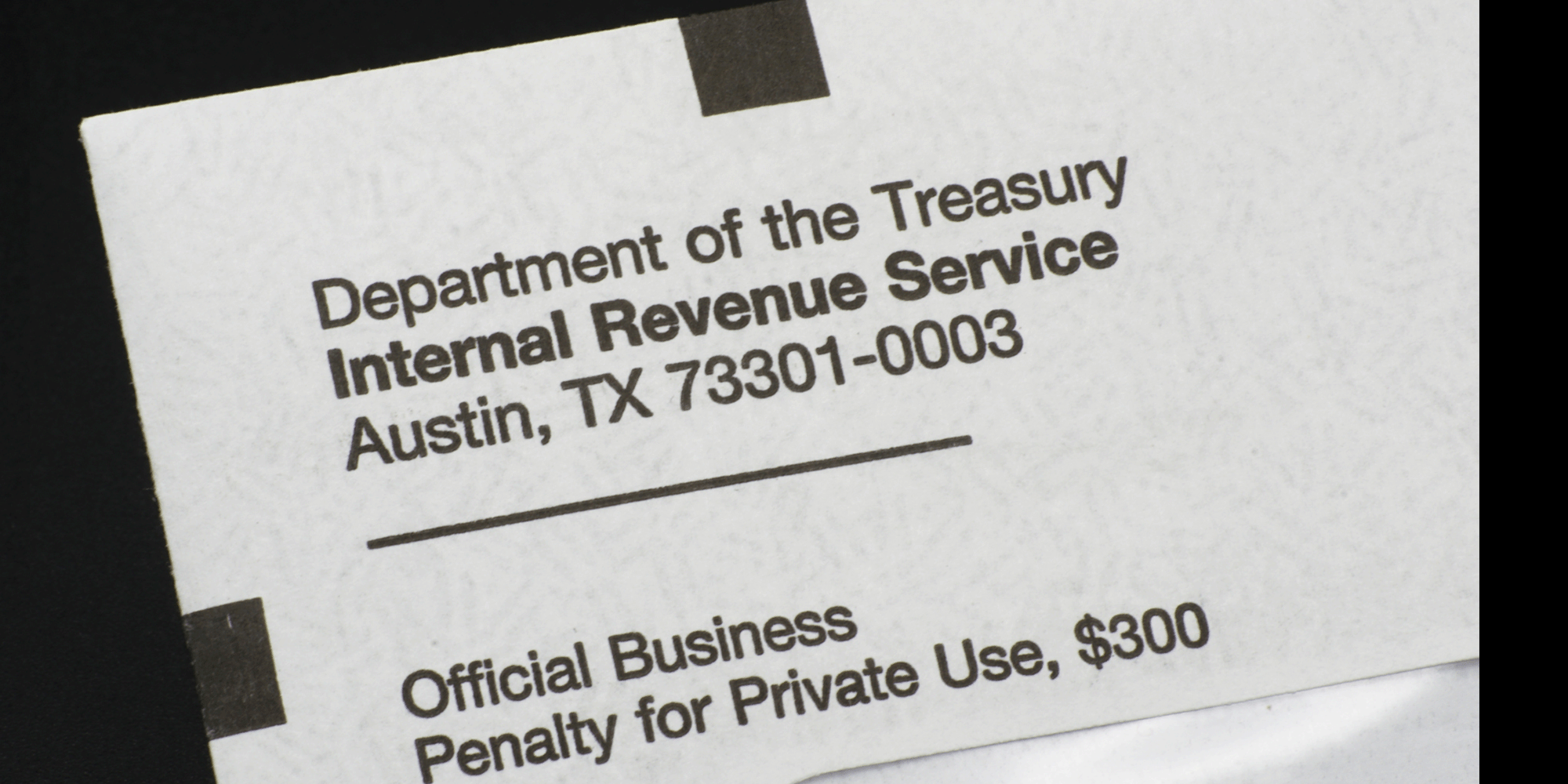Using The State Tax Debt to Leverage an Offer with the IRS
The IRS is a daunting organization for anyone to deal with, especially when it comes to outstanding tax debt. However, there may be hope for those who are struggling to pay their taxes. Recently, the IRS has announced that they will be accepting offers from taxpayers who have state tax debt.
The state tax debt is a powerful tool that can be used to negotiate with the IRS. When you owe money to the state, they have a lot of leverage over you. They can garnish your wages, seize your assets, and put a lien on your property. This gives them a lot of power when it comes to negotiating with the IRS.
If you are struggling with tax debt, you can contact a qualified tax professional to help you negotiate an offer with the IRS. They can help you understand the process and make sure that you are getting the best possible deal. Don’t let the IRS intimidate you – there are options available for those who are willing to work with them.
Offer In Compromise
When you have state tax debt, the IRS may be willing to work with you. They recently announced that they will be accepting offers from taxpayers who have outstanding tax debt. This is a great opportunity for those who are struggling to pay their taxes.
Make sure that you understand the terms of the offer and that you can afford to pay the amount that you are offering.
Using The State Tax Debt to Leverage an Offer In Compromise
If you are struggling with tax debt, you can use your state tax debt to leverage an offer in compromise with the IRS. This is a great opportunity for those who are struggling to pay their taxes.
With a State Tax, you can negotiate with the IRS and try to reduce your debt. However, you need to make sure that you can afford the terms of the offer. The last thing you want is to default on your offer and end up in even more debt.
Offer in Compromise Requirements
To qualify for an offer in compromise, you must:
- Owe $50,000 or less in taxes
- Prove that you can’t pay your tax debt
- Agree to a payment plan
In case you meet these requirements, you can contact a qualified tax professional to help you negotiate an offer with the IRS. They can help you understand the process and make sure that you are getting the best possible deal.
Why do so few get an OIC?
The IRS accepts only about 40% of OIC requests, according to data from 2017.
Very few people successfully negotiate an offer in compromise with the IRS. This is because the process is very complex and difficult to navigate.
There are also a number of requirements that you must meet in order to qualify for an offer in compromise.
Other reasons why people are unsuccessful in negotiating an offer in compromise include:
- Not understanding the process
- Not having a qualified tax professional to help them
- Not being able to afford the terms of the offer
Upfront OIC Costs
There are a number of upfront costs associated with an offer in compromise.
These include:
- Application fee: $186
- Non-refundable deposit: 20% of your offer amount (if your offer is more than $5000)
- If you are unable to pay the upfront costs, you may be able to arrange a payment plan with the IRS.
Ongoing OIC Costs
There are also a number of ongoing costs associated with an offer in compromise.
These include:
- Monthly payment plan fees: $25-89 (depending on your payment method)
- If you default on your payment plan, you will be charged a late fee of 0.25% of your unpaid taxes.
- You will also be charged interest on the unpaid balance of your taxes.
Filing an IRS Offer in Compromise
When you want to file an offer in compromise, you must complete and submit Form 433-A (OIC) or Form 433-B (OIC).
You will need to include a non-refundable deposit with your form.
In case you are unable to pay the deposit, you may be able to arrange a payment plan with the IRS. If you are approved for an offer in compromise, you will be required to make monthly payments until your debt is paid in full.
Try to not default on your payments, if you default on your payment plan, you will be charged a late fee of 0.25% of your unpaid taxes. You will also be charged interest on the unpaid balance of your taxes.
Conclusion
If you are struggling with tax debt, you may be able to use your state tax debt to leverage an offer in compromise with the IRS. Don’t let the IRS intimidate you – there are options available for those who are willing to work with them. Use your state tax debt to leverage an offer in compromise and get out of debt today.
At Suwanese Tax Specialists, we understand the challenges that come with tax debt. We can help you negotiate an offer in compromise with the IRS and get your life back on track. Contact us today to learn more about our services.
Posts by Tag
- tax problems (49)
- tax services (41)
- How the IRS Works (40)
- Resolving tax debt (38)
- Offer in Compromise (17)
- Tax News (14)
- 2023 Taxes (12)
- filing deadline (7)
- Tax Relief (6)
- Tax Preparation (5)
- 2020 taxes (4)
- Tax Advice (4)
- Avoiding an Audit (3)
- IRS Final Notice (2)
- Save Money (2)
- Estate Planning (1)
- Prior year returns (1)
Recent Posts
Popular Posts
Where's My Refund?
Just wanted to give you a...
An Offer-in-Compromise (OIC) is an agreement...
IRS IS CRACKING DOWN
The IRS has made it...

